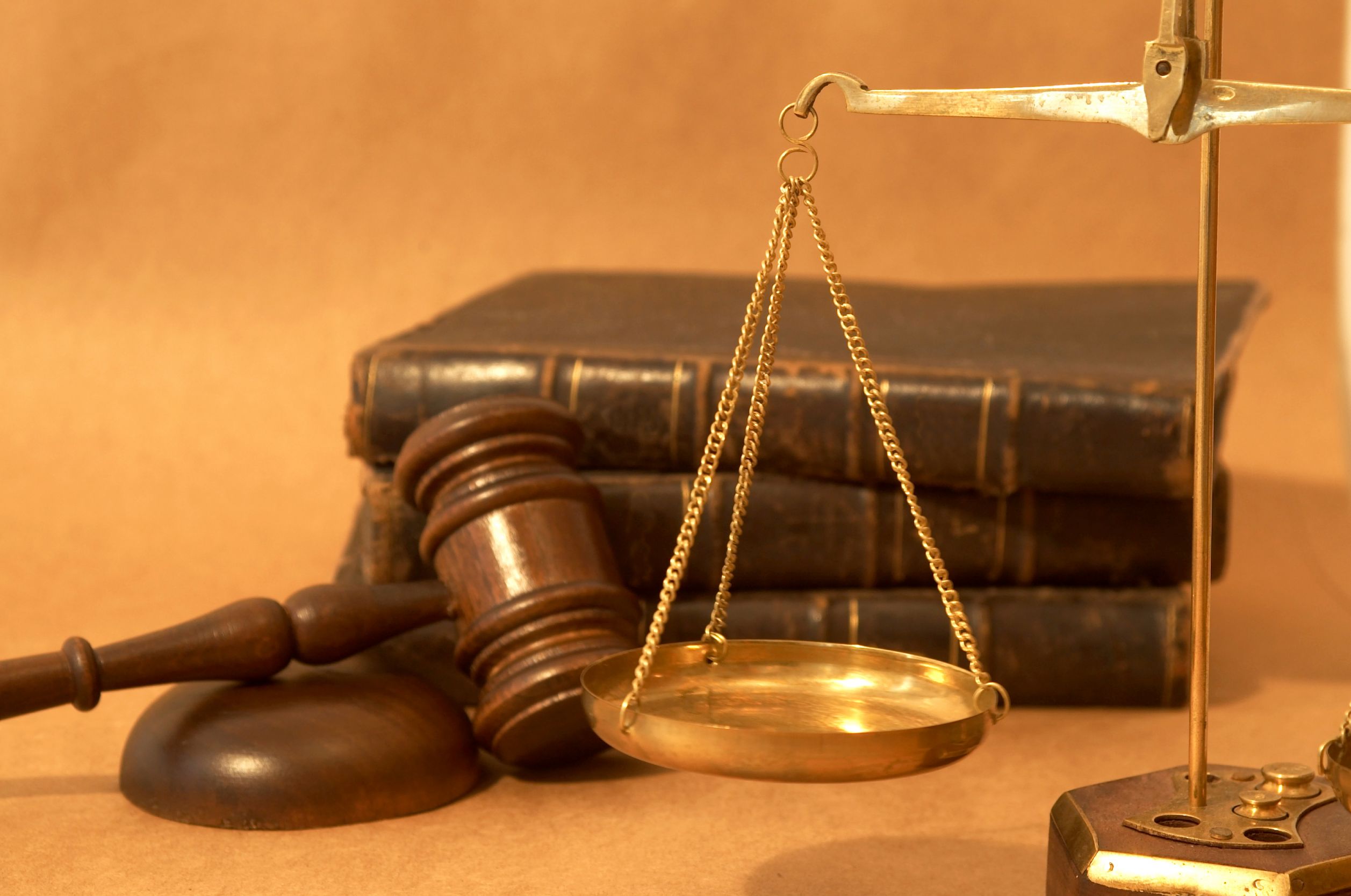A Litigation Attorney is also referred to as trial lawyer or litigator. In the court during civil cases, these attorneys represent defendants and plaintiffs through all the litigation phases. These attorneys provide legal advice to their clients while representing them in court. The duties of a litigation attorney have been described below.
Investigation
Once litigators are hired by plaintiffs or defendants in the case, they should conduct an investigation to determine whether there is enough evidence in the case for a lawsuit. In this phase of the litigation, the attorney should locate witnesses, take their statements, gather relevant documents, interview clients and investigate all the facts of the case. Often, before a lawsuit is filed, the litigators try to settle the case out of court.
Drafting motions and pleadings
Another role of the litigator is to draft pleadings or motions on behalf of the client. For the plaintiff, the litigator should draft summons that will support the lawsuit. For defendants, the trial attorneys investigate the truth behind the allegations on the record and formulate responses for their clients. Other motions that the attorney might draft include motions to dismiss, change venue or strike.
Discovery
In this phase of litigation, the litigators should exchange all the relevant case information with the parties on the opposite sides. The process is facilitated through interrogations, depositions, requests for admission or production. To gather more information on the case, the litigators should examine the scene of the crime as well as the collected evidence. Such an approach helps them formulate a successful case strategy.
Trial and Settlement
Litigators help to develop a good trial strategy based on the evidence or the facts of the case. They also conduct depositions and argue trial motions. Instead of going to trial, the litigators often conduct and mediate settlements between the two parties. If the case proceeds to trial, the litigators identify the strengths and weaknesses of the opposite side. They also prepare witnesses and interview the jury.
If the case proceeds to trial and there is no favorable outcome, the Litigation Attorney may choose to appeal the case. Here, the litigator identifies the necessary issues that guarantee an appeal, gather evidence for the appeal and present arguments before the appellate courts. Coates could be the best option for your pending trial. Hiring a Coates, Coates & Coates P.A. litigating attorney is essential to guarantee a successful case.


